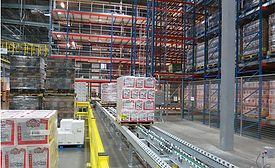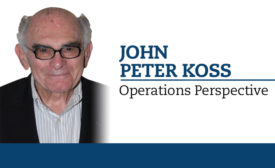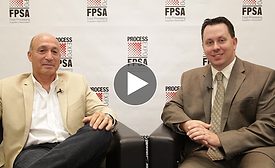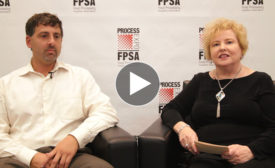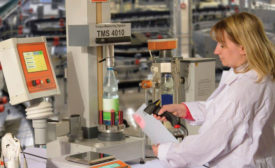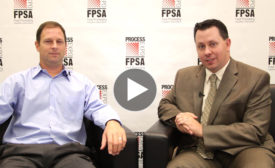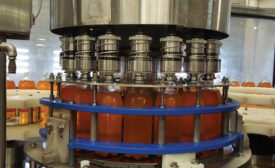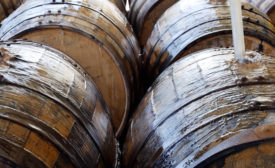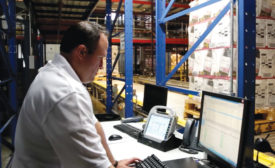Plant Focus
AS/RS operations accommodate increased SKUs
Read More
Repair, replace rationales at forefront of beverage operations
Cost major concern in equipment evaluations
January 15, 2016
Lab testing equipment focuses on quality assurance, automation
Beverage manufacturers protect consumers' health by ensuring product safety
December 15, 2015
Co-packers identify latest trends to serve beverage-makers
Health and wellness, functional beverages among influencers
December 11, 2015
Understanding the variables in waste reduction for beverage plants
Waste containment team crucial to zero-waste goals
November 16, 2015
Top beverage companies striving, achieving zero-waste goals
Water management key to reducing waste in manufacturing plants
November 16, 2015
Automation and control software improve beverage warehouse operations
WMC/WCS aid inventory control, storage and fulfillment
November 16, 2015
Elevate your expertise in the beverage marketplace with unparalleled insights and connections.
Join thousands of beverage professionals today. Shouldn’t you know what they know?
JOIN NOW!Copyright ©2025. All Rights Reserved BNP Media.
Design, CMS, Hosting & Web Development :: ePublishing
